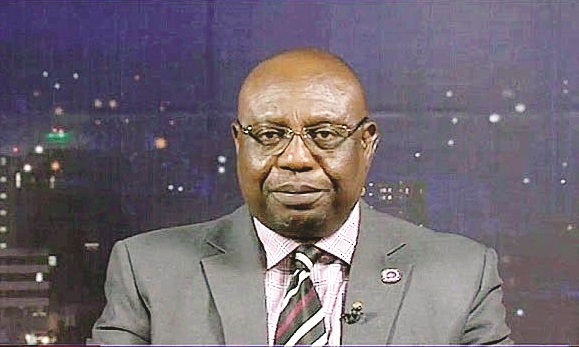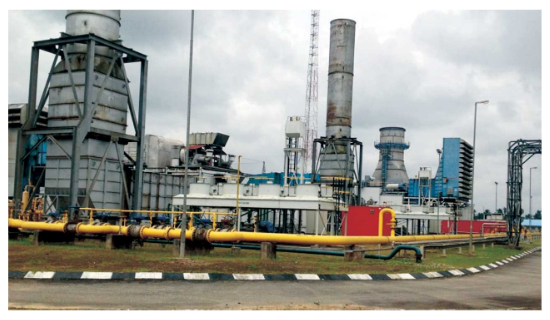The Independent National Electoral Commission (INEC) has warned that if President Muhammadu Buhari does not sign the Electoral Amendment Bill into law within the next five days from Thursday February 17, it would force the commission to postpone the date of the 2023 presidential election.
INEC had initially fixed February 18, 2023 for the presidential election.
It stated that section 28 of the new amended Electoral Act mandates the commission to issue notice for the election within a 360 days window period which remains five days from Thursday.
Join our WhatsApp ChannelChairman Information and Voter Education Committee, INEC, Barr Festus Okoye gave the indication during a national appearance on television.
Barr. Okoye reiterated an earlier warning by the commission that the release of the timetable and schedule of activities for the 2023 general elections would be dependent on the signing of the amended bill.
Prime Business Africa had reported that after the National Assembly passed the Electoral Amendment Bill in November 2021 and transmitted to the president for assent, he refused to sign it into law because it contained a clause that made it mandatory for political parties to conduct direct primaries for selection of candidates for general elections.
According to different sources then, Buhari was advised that the exercise would put heavy financial burden on INEC. Buhari made a few other observations and sent back for review.
Both chambers of the parliament reworked the Amendment Bill and on January 30, forwarded to the president for assent.
Explaining the position of INEC and the legal responsibility of the president and lawmakers in amendment process, Okoye said, “The Commission was very proactive during the amendment process, but as you know, the Commission is not vested with the power of making laws for the Federal Republic of Nigeria.
“It is within the domain and jurisdiction of both chambers of the National Assembly. It is also within the domain of the President to utilise the powers given to him by Section 58 of the Constitution to either assent or withhold his assent to the Bill passed by the National Assembly.
“We understand that on January 30, 2022, the reworked Amendment Bill was forwarded to the President for assent. Now, he has been given the power to exercise that right within a period of 30 days, which has not elapsed.
“As Electoral management body, we have done our own part and now left for the National Assembly and the Executive to do their own part so that the country can have new legal regime to operate on. And I said this with all sense of modesty and responsibility.
“The Commission has already fixed February 18, 2023 as date for the presidential election. Now, if you calculate that particular day from today, Thursday, it gives you 365 days to that particular election.”
Okoye stressed the need for expeditious resolution of all outstanding issues between the executive and the legislature regarding the electoral law, noting that the new bill has some very fundamental timelines that will affect the electoral process if not concluded on time.
“For instance”, he said, “under Section 28 of the new Bill, the Commission is mandated under a Constitution and legal obligation to issue the notice for the election within a period of 360 days and that remains five days from now (Thursday).
“So, the implication is that if the bill is not signed into law within the next five days, the commission has to shift the date for the presidential election if it is signed after in order to accommodate the 360 days given in the new bill for issuing of notice of election.
“So, there are fundamental timelines in the new electoral bill that will fundamentally affect the electoral framework and that is why we are asking for expeditious resolution of the issues around the new electoral legal framework,” Okoye added.
Victor Ezeja is a passionate journalist with seven years of experience writing on economy, politics and energy. He holds a Master's degree in Mass Communication.



















Follow Us